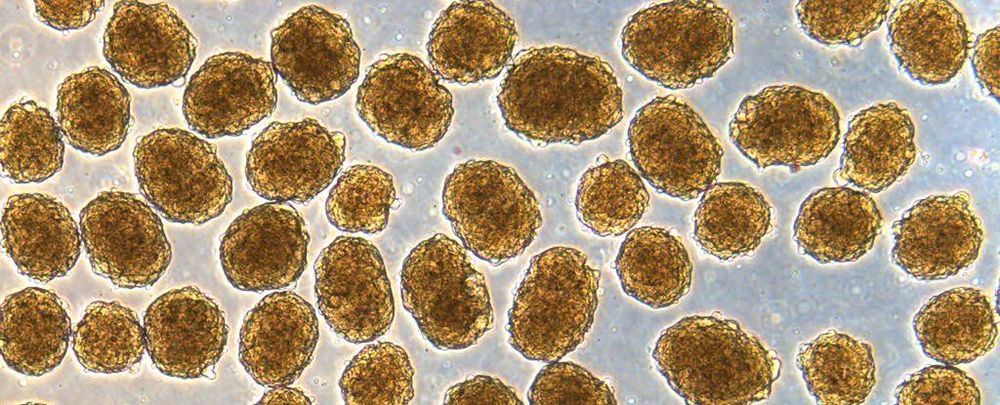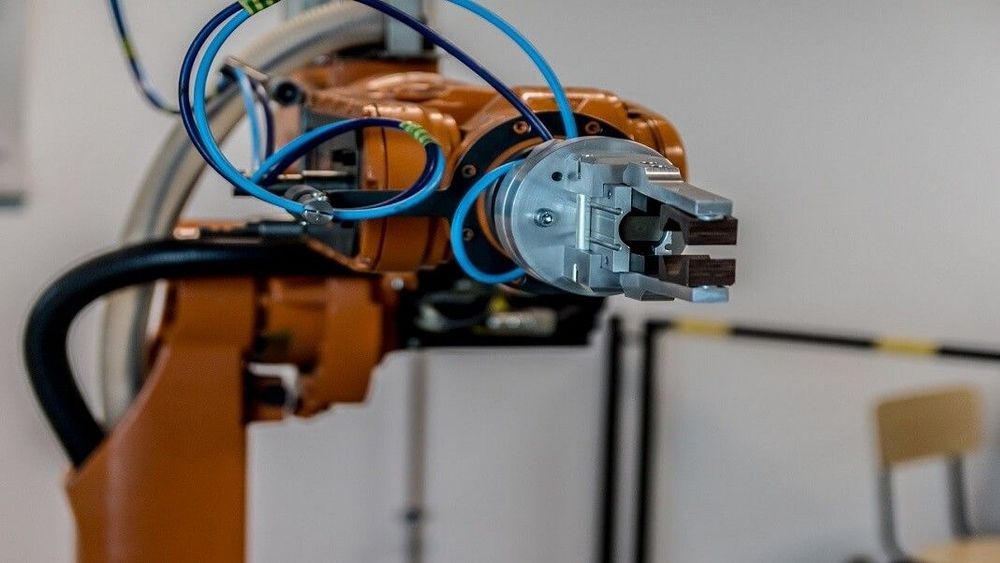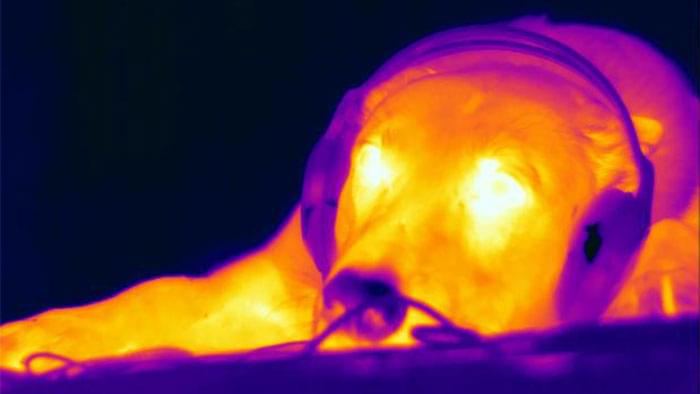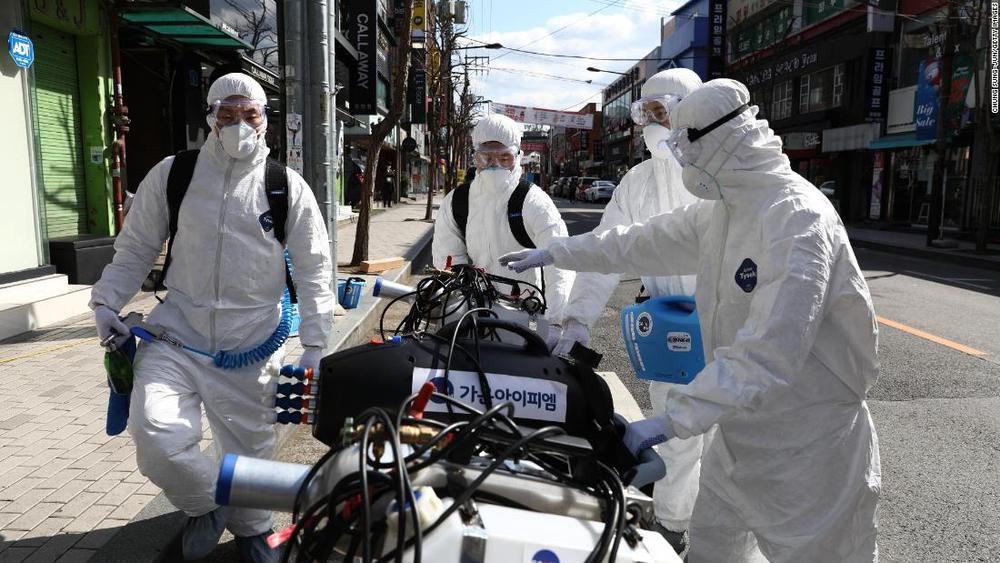
A new technique to convert human stem cells into insulin-producing cells could hold huge promise for future diabetic treatments, if results seen in an experiment with mice can be successfully replicated in humans.
In a study, researchers figured out a new way to coax human pluripotent stem cells (hPSCs) into pancreatic beta cells that make insulin. When these insulin-producing cells were transplanted into mice induced to have an acute form of diabetes, their condition was rapidly cured.
“These mice had very severe diabetes with blood sugar readings of more than 500 milligrams per decilitre of blood – levels that could be fatal for a person,” explains biomedical engineer Jeffrey R. Millman from Washington University.









